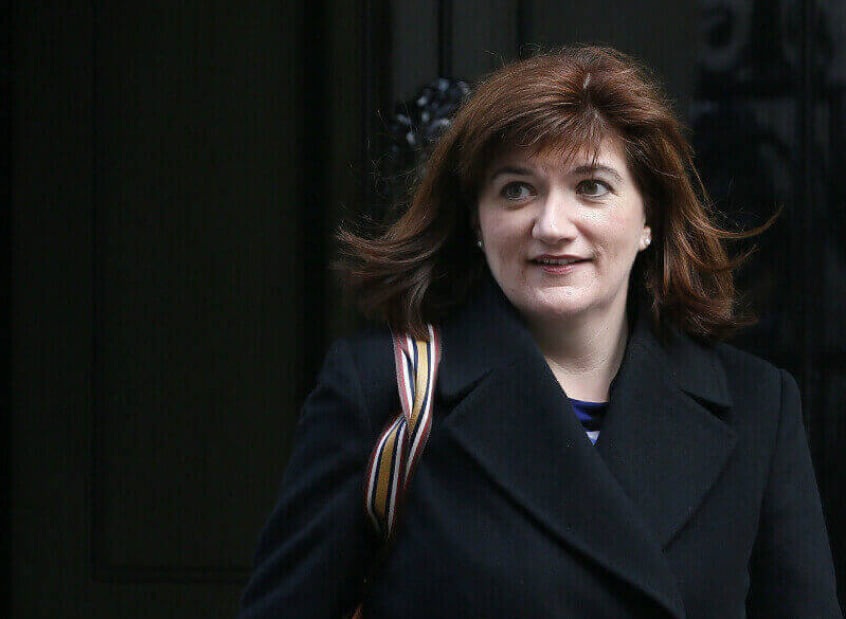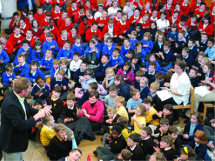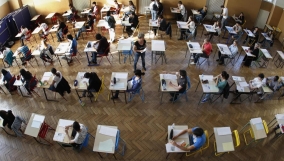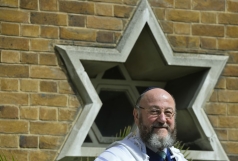
Schools will not be forced to teach atheist worldviews on an equal footing with Christianity, according to the Department for Education.
The department issued guidance today following a recent Judicial Review of the religious studies GCSE. The court found that a particular paragraph in the introduction to the RS GCSE implied that the content of the syllabus was broad enough for schools to fulfil all their responsibilities for teaching religious education at key stage 4. The judge said that RS courses might not include non-religious views and that the introduction was therefore incorrect.
In a statement, the department said: "Some campaign groups have subsequently tried to claim that this means that non-religious beliefs such as humanism must be taught on a par with study of religion. However the guidance issued by Education Secretary Nicky Morgan today makes clear that schools can continue to prioritise the teaching of major faiths over non-religious world views such as humanism."
The statement continued: "In addition, the guidance reiterates requirements that non-faith schools must reflect the fact that the religious traditions in Great Britain are, in the main, Christian while taking account of the teaching and practices of the other principal religions represented in Great Britain."
Morgan said: "This government is determined to protect schools' freedom to set their own religious studies curriculum, in line with the wishes of parents and the local community.

"The guidance I have issued today makes absolutely clear that the recent judicial review will have no impact on what is currently being taught in religious education.
"I am clear that both faith and non-faith schools are completely entitled to prioritise the teaching of religion and faith over non-religious world views if they wish."
The statement was welcomed by religious groups. Rev Nigel Genders, Chief Education Officer for the Church of England, said: "There has been confusion about the implications of the High Court judgment [with respect to the GCSE religious studies subject content] and we welcome the publication of this guidance note which clarifies the situation and provides assurance that the judgement does not impact on the content of the new RS GCSE."
Sheila Gewolb, Vice President of the Board of Deputies of British Jews, said:
The Board of Deputies of British Jews welcomes the Department for Education's guidance, which supports the religious studies GCSE as it stands.
"The Board believes that the RS GCSE must continue to support education about the traditional world religions. Other beliefs and world views can – and should – be taught through other subject areas."
Paul Barber, Director of the Catholic Education Service, said: "The CES welcomes this additional guidance which clarifies the position ofRE in light of the judicial review outcome.
"We are pleased to read that the judgment will not impact upon the content of the new GCSE in religious studies, nor the autonomy of the Catholic Church in determining the content of the RE curriculum in Catholic schools."
















